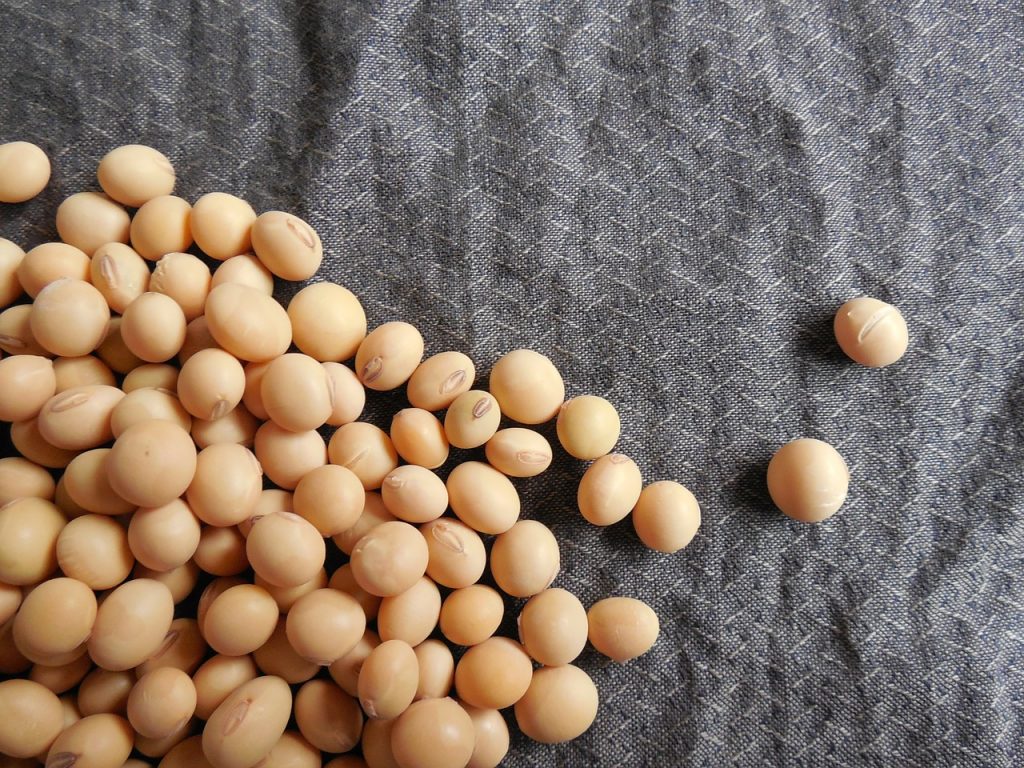The consumption of an adequate quantity of protein and of extremely important for those who practice sports. It is no coincidence that proteins are called "the building blocks of our body" because they provide the nutrients necessary for its growth, development and maintenance.
Soy is certainly one of the most debated foods: there are those who praise its almost "miraculous" virtues who, on the other hand, avoid it like the plague. In fact, his are numerous property and many, are at the same time, also i risks associated with it, above all if consumed in excess. Let's get to know some of these.
Index
Main benefits of soy
The documented positive effects include:
- a blood glucose reduction in the blood and levels of total cholesterol ed LDL
- an improvement of the intestinal motility and disorders associated with it (constipation, diverticulosis)
- a protection towards some types of cancer, including the prostate, breast and colon
- a reduction in fracture risk, thanks to daidzein is prevents bone decalcification.
- a high protein content (well the 37% of its dry weight) together with a biological value higher than other plant protein sources.
The dark side of soy
Alongside the benefits listed above, this legume also carries risks, so careful and prudent consumption is recommended. In particular, soy:
- can interfere with thyroid function, therefore it is contraindicated in those suffering from thyroid diseases
- reduces the absorption of some mineral salts (iron, magnesium, calcium, zinc) due to the high content of phytic acid. The risk decreases with the consumption of fermented soy products.
- at high doses, it can lead to a reduction in testosterone levels in humans, with adverse effects on fertility , sexual sphere
- contains trypsin inhibitors that interfere with the protein digestion and can cause pancreatic disorders
- it is a highly food allergenic; allergy to soy is in fact quite widespread.
Advice for correct consumption
In the light of the above - in order to minimize health risks - i advice that we can provide to athletes who decide to include this vegetable protein source in their diet, are those of consume moderate amounts, preferring fermented soy (miso, tempeh, natto) rather than fresh legume or its derivatives (milk, yogurt, tofu, salsa, etc.).
It is also important to choose non-GMO certified organic products (because soy is one of the main transgenic crops).
Finally, to get the most benefit from soy, the sportsman must keep your intestinal bacterial flora healthy and balanced, feeding it with the correct foods.

